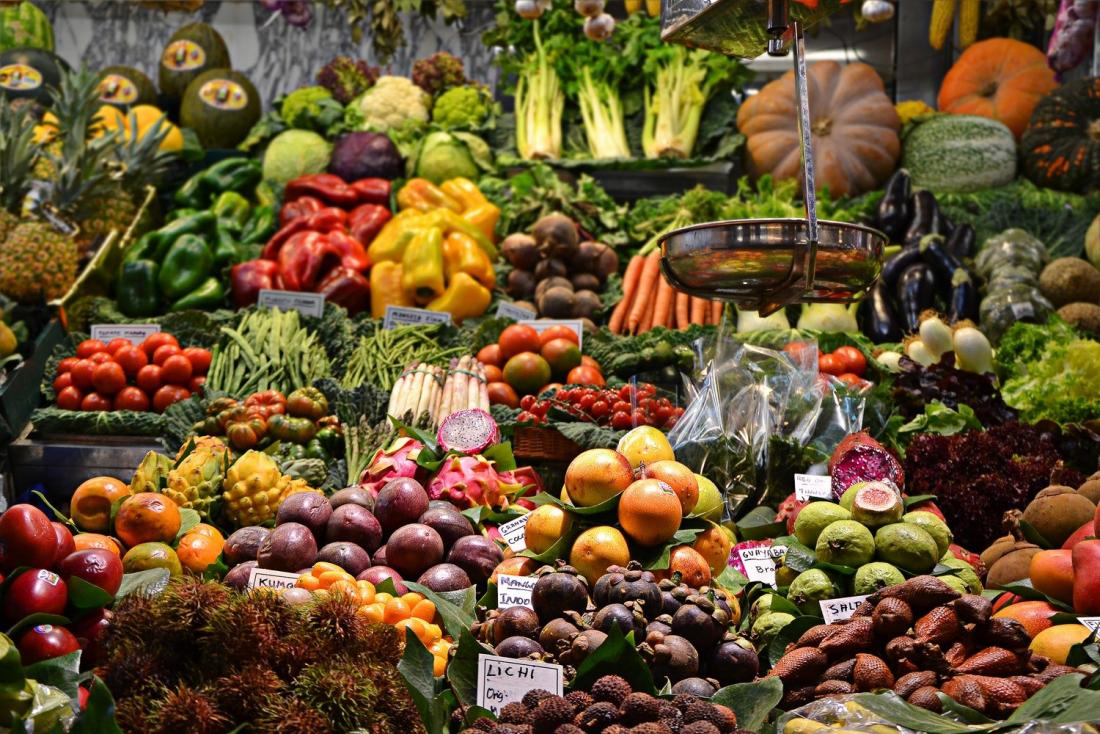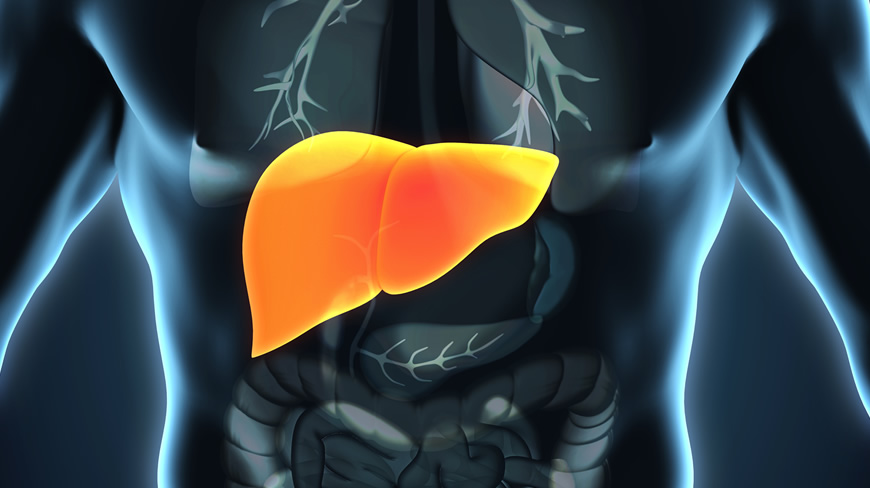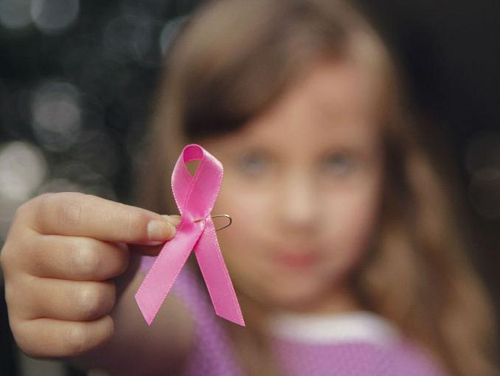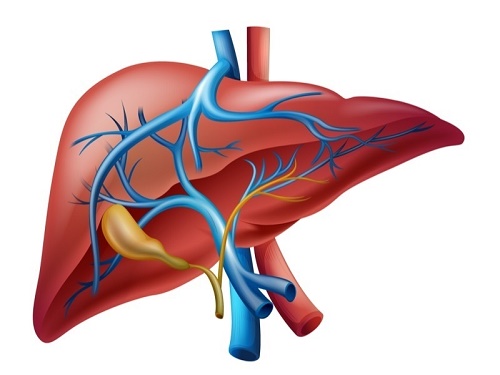14 foods that protect against cancer

It has been scientifically proven that what we eat can cause cancer. Top cancer researchers have determined the foods to be careful with, and which foods are effective in preventing cancer. The relationship between diet and cancer has been shown in many studies conducted over the past decades.

But what exactly is the relationship? What foods or food components can help prevent colon cancer, breast cancer, or stomach cancer?
Table of Contents
Foods that protect against cancer.
These questions and more are examined in recent years by leading experts in the field of cancer research around the world. In this article, you will find that key foods and nutrients have been proven to increase or decrease cancer risk.
These are 14 foods that protect against cancer:
1. Foods that contain fiber protect against cancer.
Foods that protect against cancer contain fiber, such as vegetables, fruits, whole grains, legumes (such as beans, chickpeas, peas, and lentils), and herbs. These foods prevent colon cancer and rectal cancer.
There are two types of fiber – soluble and insoluble. Insoluble fiber helps reduce the transit time of food through the digestive system, and reduce your exposure to toxic and carcinogenic factors.
Soluble fibers are fermented by bacteria in the colon and are converted into short chain fatty acids, which has a positive effect on colon cells.
2. Fruits and vegetables are a barrier against cancer.
They prevent cancers of the mouth, pharynx, larynx, esophagus and stomach (fruits probably also protect against lung cancer). Fruits and vegetables contain many components that help prevent cancer:
- They contain important antioxidants, such as vitamin C and beta-carotene, which help fight free radicals that cause damage to the cell’s DNA. This can lead to cancerous transformation – the process by which normal cells turn into a cancer cell.
- They contain phytochemicals that delay cancerous processes, helping to maintain the normal function of the immune system. They can also repair damage to the DNA of cells.
- They are rich in dietary fibers, soluble and insoluble.
- They are relatively low in calories, so they help maintain a healthy body weight – a factor that by itself was found to be of great importance in preventing cancer.
3. Vegetables and fruits that contain beta-carotene.
Such as carrots, squash, sweet potatoes, mangoes, loquats, peaches, apricots, cantaloupe, and much more. These foods protect against esophageal cancer.
Beta-carotene is a natural pigment found in food. It plays an important role in communication between cells that can help prevent cancer, as well as a significant antioxidant.
Also, this component is called pro-vitamin A, since it is converted by the body into vitamin A, which is important for the normal function of the immune system and the functioning of enzymes that work to slow cancer.
4. Vegetables of the cabbage family, a protection against cancer.
These foods that protect against cancer are also known: broccoli, cabbage, cauliflower, Brussels sprouts, turnips, radishes, mustard greens and arugula.
These foods appear to prevent various types of cancer and contain anticancer components that remove pollutants and carcinogens and thus effectively protect against many types of cancer.
5. Vegetables of the onion family protect against cancer.
Such as onion, chives, chives, chives, and leeks. These apparently prevent stomach cancer and lung cancer. Vegetables in this family contain sulfur compounds (which give them their unique smell), which promote the creation of protective enzymes that neutralize carcinogens and thus protect against stomach cancer.
They also contain quercetin, especially protective against lung cancer.
6. Garlic.
Prevents colon cancer and rectal cancer. Garlic contains a unique sulfur compound called allicin. This compound protects colon cells from the toxic effects of cancer-causing chemicals, and it even works to stop the growth of cancer cells that have already begun to develop.
Additionally, garlic was found to work by reducing inflammation in the body that is linked to the development of cancerous processes.
7. Vegetables and fruits rich in lycopene.
Vegetables rich in lycopene protect against cancer, such as tomatoes (also tomato paste), watermelon, cantaloupe melon, guava, pink grapefruit and blood orange.
These foods prevent and protect against prostate cancer. Lycopene is considered to have powerful antioxidant capabilities. It also inhibits the proliferation of cancer cells, improves the immune system, and like garlic, reduces inflammatory processes in the body.
8. Vegetables and fruits rich in vitamin C.
Foods such as bell peppers, cabbage, cauliflower, Brussels sprouts, mustard greens, broccoli, spinach, tomatoes, citrus fruits, kiwi, guava, and strawberry. They appear to prevent esophageal cancer.
Vitamin C, also called ascorbic acid, is a water-soluble antioxidant that plays an important role in neutralizing free radicals in the watery part of our body tissues. Berries are especially rich in vitamin C.
9. Foods rich in Selenium.
Foods that protect against prostate cancer are rich in selenium, such as Brazil nuts, cashews, pistachios, pumpkin seeds, fennel, nettle, cucumbers, garlic, mushrooms, and some foods of animal origin, such as egg yolk, crab, etc.
One possible explanation refers to the involvement of selenium in the creation of a certain antioxidant enzyme created in our body naturally. Thanks to this enzyme there is a decrease in the activity of free radicals that damage the DNA of cells.
10. Foods that contain folic acid.
Such as whole grains, green leafy vegetables (spinach, parsley, dill, cabbage, lettuce, broccoli), and beets. They appear to prevent pancreatic cancer.
The mechanism of folic acid, which belongs to the group of B vitamins, is believed to delay cancer-causing genes. Additionally, folic acid plays an important role in the production of DNA, as well as preventing changes in cells that turn it from a normal cell to a cancer cell.
11. Foods that contain calcium are a protection against cancer.
Such as cabbage, broccoli, almonds, sesame seeds and tahini, spinach. They appear to prevent colon cancer and rectal cancer. Calcium and vitamin D, are two components that are closely related to each other, as they both help normal cell division, slow the activity of cancer cells and accelerate the destruction of colon cancer cells.
Another theory for calcium is that this mineral prevents intestinal irritation, which is probably one of the causes of these types of cancer. Calcium also helps in regulating the rate of cell division in the intestine in people with an increased risk of disturbance of the normal rate.
Note: High calcium intake – 1,500 milligrams or more per day – has been found to be associated with an increased risk of prostate cancer in men. However, this is a very high amount of calcium, almost unlikely to be consumed by the diet.
If you prefer not to consume dairy products for calcium, you can read More information about how to acquire calcium, without the need to consume milk.
12. Legumes.
Like beans, lentils, peas, and chickpeas. According to studies, it seems that a higher intake of legumes reduces the risk of cancer of various types, such as stomach, colon – rectum, prostate and lung cancer.
Legumes contain a variety of health-promoting components, such as water-soluble fiber that have an anti-cancer effect. In addition, it was found that the plant components are also found in legumes, such as kidney beans , peas, lentils and soybeans, which have anti-cancer effects.
13. Olive oil.
High consumption of olive oil is the hallmark of the traditional Mediterranean diet and is associated with a lower incidence of cancer, including colon and rectal cancer, compared to other western countries.
14. Turmeric.
Various studies have shown that turmeric and its extracts inhibit cancer processes and the development of various tumors such as skin, stomach, duodenum, tongue, colon, breast and prostate cancer.
There are more proven factors that reduce or increase the risk of cancer.
- Exercise: There is compelling evidence that exercise reduces the risk of colon cancer, rectal cancer, breast cancer, and endometrial cancer.
- Breastfeeding: There is good evidence that breastfeeding reduces the risk of breast cancer.
- Weight and body fat: excess weight and a high percentage of body fat stimulate the development of esophageal cancer, pancreatic cancer, colon cancer, rectal cancer, breast cancer, endometrial cancer and kidney cancer.
Foods that promote the development of cancer.
1. Red meat and processed meats.
Including cold cuts and frozen meats. These increase colon cancer and rectal cancer. Red meat contains substances that create processes suspected of being carcinogenic.
When frying or roasting over high heat the damage is even greater. Also, processed meats and frozen meats contain these compounds up front. These are inserted into the meat to better preserve it and prevent bacterial overgrowth, as well as for other purposes, such as enhancing the color of the meat by looking “fresh” and shiny.
2. Alcohol.
It increases oral, pharyngeal and laryngeal cancer, esophagus, colon, rectum and breast. There are several theories that refer to the fact that alcohol is converted in our body into acetaldehyde, a substance that causes a feeling of intoxication and hangover, and causes irreparable damage to the DNA of cells.
Also, alcohol increases the absorption of chemicals in our body from other sources, such as cigarette smoke.
In relation to breast cancer, studies have found that alcohol increases the level of estrogen in the body. High levels of estrogens are known to stimulate the development of breast cancer.
It has been found that when drinking alcohol on a daily basis, each unit of alcohol increases the risk of breast cancer by 7% -11%.
3. Salt, soup powder, soy sauce, tomato sauce, and processed foods.
They appear to increase the risk of stomach cancer. A link has been found between a diet based on foods high in sodium to an increased risk of stomach cancer.
An epidemiological study found that a diet high in salt can increase the risk of stomach cancer by 10%.


